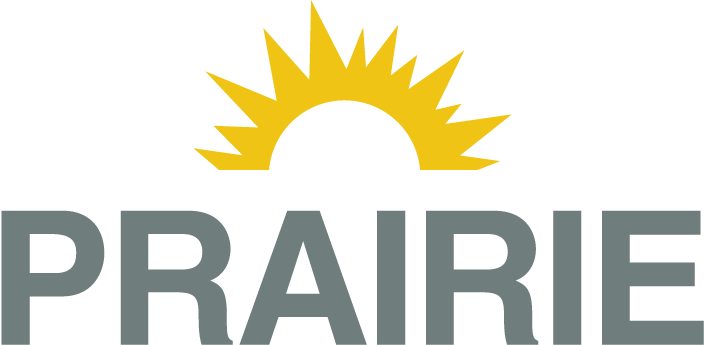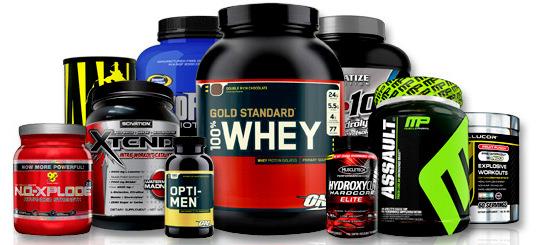Whey protein is the most common type of protein powder used. It’s the cheapest to produce so it’s the cheapest and most abundant to buy. Whey protein is a milk based protein. It can be digested and absorbed faster than any other type of protein source, making it a great option for post workout.
There’s different types of whey:
Whey Protein Concentrate
- Least filtered and broken down, still absorbed quickly, contains more natural nutrients like vitamins and minerals that are filtered out in more broken down forms
Whey Protein Isolate
- More filtered than concentrate so absorbs faster, less fat and carbs
Plant based proteins are referred to as an incomplete protein. Animal and milk proteins are made up of all 20 amino acids. Plant proteins aren’t comprised of all 20 so they lack certain nutrients. For this reason, many plant based protein powders on the market are mixes of these various forms. There’s many more than 3 types of plant based proteins but we’re just going to cover the main 3.
SOY
Soy is a good choice for vegans or anyone that is lactose intolerant. Soy is highly processed and some studies have associated soy consumption in women with a history of estrogen positive cancer to an increased risk of breast cancer. Soy protein powder is either in concentrate form or isolate form. The main difference is just like whey, isolate is more filtered and broken down, and concentrate is less broken down but has more nutrients.
This plant-based protein is highly digestible, has a fluffy texture, and has a distinct pea taste. Pea protein is high in glutamic acid, which helps convert carbohydrates into energy so they won’t be as easily stored as fat.
Chocolate milk is a great option in place of protein powders. It is a dairy protein so it is part whey and part casein protein. The reason this is an excellent post-workout option is because you will get amino acids in the bloodstream quickly from the whey part, and then a slow release from the casein part. Also, with the carbs in it, this helps replenish the sugar that our body burned off for fuel that was in our bloodstream and stored in our muscles during the workout.
Mass gainers are great for athletes that have a high metabolism or looking to put on weight. These supplements are primarily composed of protein powder and a carbohydrate powder. Each serving will typically have 800-1000 calories but some can go up to 2000 calories per serving. The main difference in the variance of calories is how big the serving size is. Don’t be fooled in thinking that the 2000kcal is better than the 1000kcal. Most likely a serving size of the 2000kcal one is twice the size of the 1000kcal one. These powders can get very expensive also, a giant 5lb tub will sometimes only have 8-10 servings, so be aware.
A healthier and cheaper option would be to get a good protein powder and blend it with oatmeal, fruit, and a nut butter, or a combination of them. Using whole food sources instead of a carbohydrate powder will also give you more vitamins and minerals over pre-made options.


